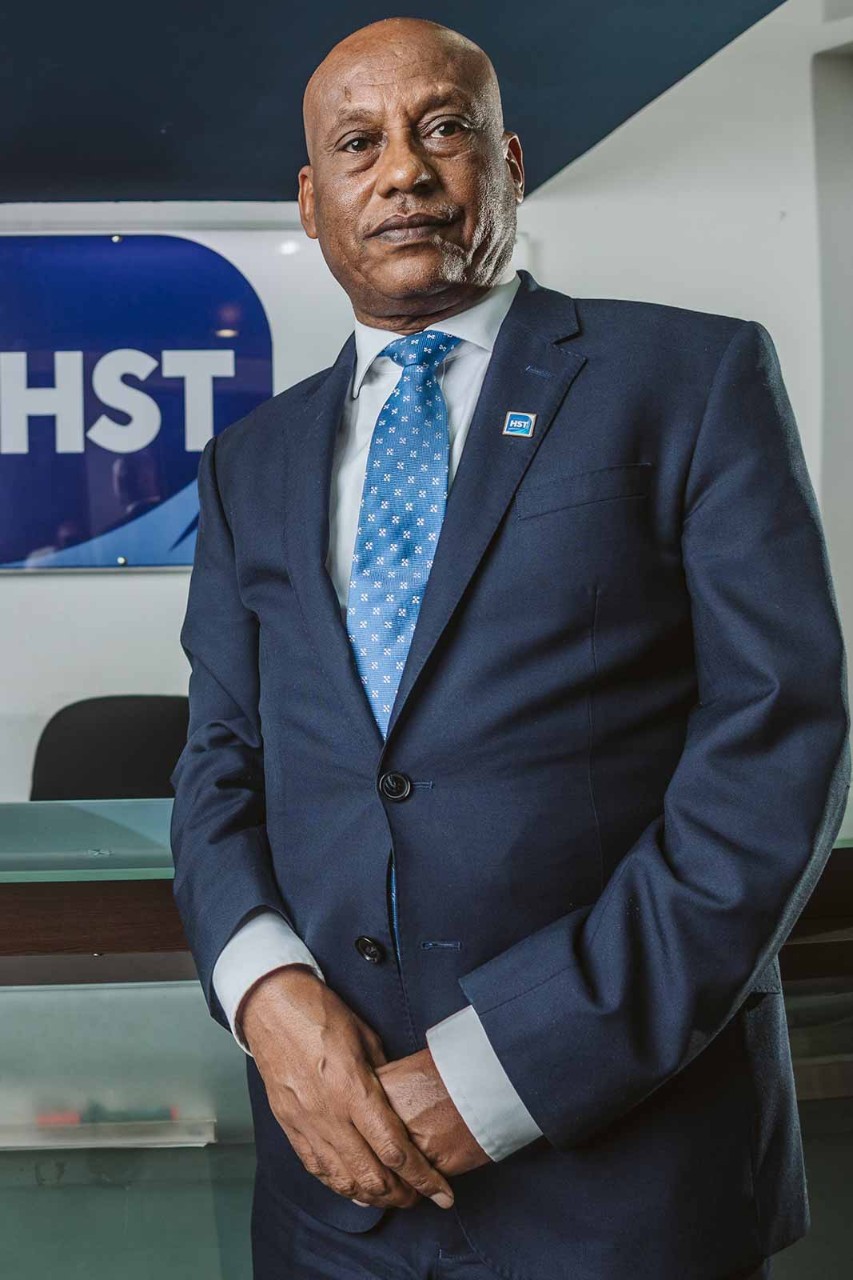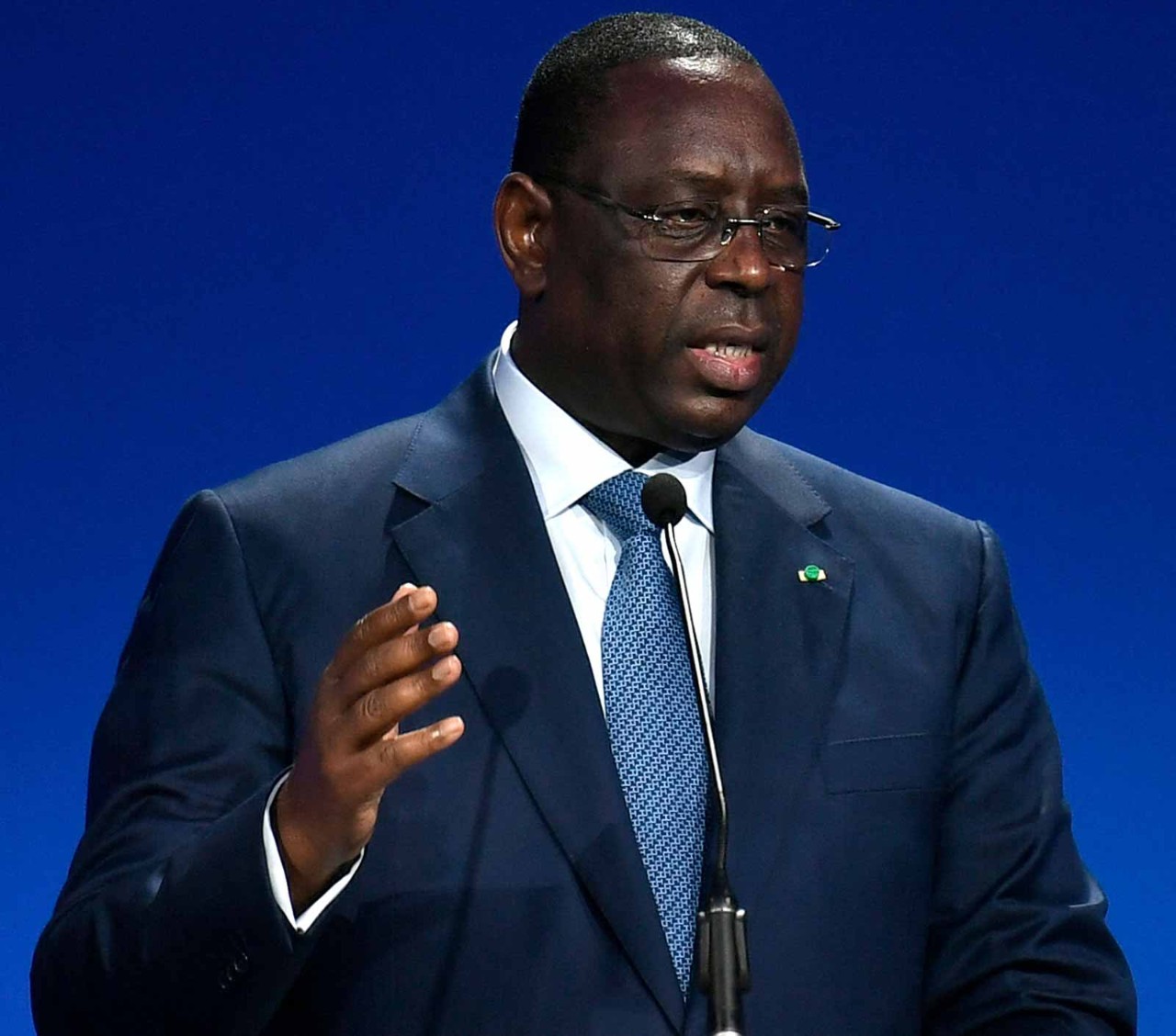
For Solomon Gizaw Kebede FCCA, chairman and CEO of Ethiopian practice HST, letting the good times roll all by themselves has rarely been an option. Resilience, determination and dedication have been his constant companions in overcoming setbacks and disappointments – including exiting a Big Four network – and building a high-growth business in what is Africa’s second most populous country and fastest-growing economy, but also one of its poorest nations.
Having studied accountancy and finance at university in Addis Ababa in the early 1980s, followed by eight years with a local accountancy firm where he gained his ACCA Qualification, Solomon joined the Desert Locust Control Organization for Eastern Africa as a senior accountant. However, he had long harboured ambitions to set up his own audit practice.
‘Staff who had joined because of the Big Four name left as soon as we exited Deloitte’
CV
2017
Managing director, HST Consulting
2012
Senior partner and country leader, Deloitte Ethiopia
2003
Senior partner, HST
1999
Senior accountant, Desert Locust Control Organization for Eastern Africa
1994
Senior manager, AW Thomas & Co
Side hustle
For two years, he worked for Desert Locust during the day while building his practice at night, often working 16-hour days as a result. With little time to look for clients – he relied on personal recommendations from friends and acquaintances – and even less for his family, he soon had to dip into his savings to pay his staff’s salaries. His dedication to the profession remained steadfast, though, and he was elected chair of the Ethiopian Professional Association of Accountants and Auditors (EPAAA).
It was EPAAA that supplied the break he needed, as it was here he met fellow practitioners Haile Leul Tamiru and Tekeste Gebru Abera, also an FCCA. In 2003, the three decided to merge their individual practices to form HST, the new firm taking its name from their first initials. Even then, though, Solomon continued working full-time with Desert Locust until 2005.
‘HST was the first accounting and audit partnership in the country,’ Solomon says. Its classification as a category-one audit firm by the Office of the Auditor General, which was the licensing body at the time, helped it to attract talent and clients – and deliver 30% growth in its early years.
Big Four time
HST continued to grow and became a member of Deloitte in 2012, primarily to expand its consulting business.
‘Being a member of a Big Four network was considered a significant milestone in the firm’s growth, with the potential to attract good talent and clients that prefer a global brand,’ Solomon says. However, the move into a Big Four network did not go well. Profit growth slowed and, following a change in Deloitte policy at the African regional level in 2017, HST left the network ‘at significant financial cost’, Solomon says. ‘Staff who had joined because of the Big Four name left as soon as we exited Deloitte.’
Since it left Deloitte five years ago, HST’s turnover and operating profit has more than tripled

Key numbers
10
Partners and directors at HST
250+
Members of staff at HST (includes 100+ employed for outsourcing services)
159
Number of certified audit firms registered with AABE
US$306bn
Ethiopia’s GDP by purchasing power parity (2021 estimate)
US$3,407
Ethiopia’s GDP per capita by purchasing power parity (2021 estimate)
No time was wasted in bouncing back. Three months after leaving Deloitte, HST acquired Encore, an Ethiopian management consultancy and training firm, which boosted HST’s fee income significantly. Since it left Deloitte five years ago, HST’s turnover and operating profit has more than tripled, and the firm has admitted four new partners and directors (not including the three directors who came on board as a result of the Encore acquisition).
Throughout these developments, Solomon has remained loyal to ACCA. He supported the opening of an ACCA branch in Ethiopia in 2004 and was a brand ambassador for ACCA in East Africa for a number of years. He was also the first ACCA International Assembly member to represent Ethiopia, a position he held for six years.
He also champions ACCA inside his firm. ‘We strongly support study for the ACCA professional qualification,’ he says, ‘and it is one of the requirements for staff joining our audit strategic business unit. We now cover the full costs of ACCA study and provide exam leave.’
Consulting staff and audit leadership are also encouraged to access online learning opportunities with business schools such as Harvard, although Solomon admits retaining good talent ‘is always a challenge’.
Future vision
In 2014 the Accounting and Auditing Board of Ethiopia (AABE) took over the role of licensing and regulating the accountancy profession in the country from the Office of the Auditor General. Solomon led one of the technical committees that drafted the legislation establishing the principles, responsibilities and organisational structure of the new regulator, and also the proclamation for a sound and transparent system of financial reporting.
With the demand for professional accountants expected to increase following Ethiopia’s recent adoption of IFRS Standards and moves towards creating an Ethiopian stock market, Solomon and another HST director are now working with AABE to design a roadmap for developing accountancy and finance professional qualifications in the country. This project is part of the capacity-building workstream of the Ministry of Finance's Public Financial Management Strategy Implementation Advisory Council on which Solomon and his colleague sit.
The Ethiopian economy itself is going through a difficult period after two decades of growth, beset by inflation, a fall in the value of the national currency and internal conflict. ‘The effect of Covid-19 and the internal conflict, particularly in the northern region of the country, are significant challenges for many businesses.’
But he remains confident that the current government’s 10-year development plan, together with a resolution of the conflict and a newly established National Dialogue Commission, will help reverse the country’s slow growth trajectory.
‘I am very optimistic this will happen in the coming three years,’ he says.
ACCA and Ethiopia
In 2021, ACCA and the Accounting and Auditing Board of Ethiopia launched a joint project to support the development of the accountancy profession in Ethiopia. Financed by the World Bank through a fund managed by Ethiopia’s Ministry of Finance, the project builds on the existing collaboration between ACCA and AABE, which was cemented in January 2020 through the renewal of a long-term partnership agreement.
The initiative supports the establishment of a relevant national body, with a robust strategy, to meet the needs of the profession and its multiple stakeholders. In addition, the work includes a focus on stronger, fit for purpose and globally benchmarked regulation and compliance with international standards.

